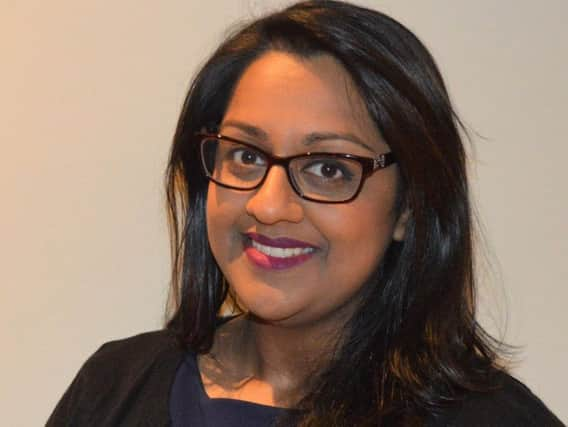Councils encouraged to adopt new family leave guidance


The recommendations by the Convention of Scottish Local Authorities, would see female councillors receive six months paid leave when they give birth, male councillors would get two weeks when they become fathers, and those who adopt would also be entitled to six months leave.
Currently councillors have no legal right to family leave when they become parents, and while the guidance attempts to make sure councillors can take "appropriate leave" and continue to be paid, it would have to be implemented on a voluntary basis, and could therefore vary from council to council.
Advertisement
Hide AdAdvertisement
Hide AdThe document, which was published today, recommends that councillors on maternity or paternity leave should continue to receive their basic allowance, and any special responsibility allowances they may receive as committee conveners.
It also encourages councils to consider how family leave would impact on a councillor's ward "by arranging, where possible, reasonable and appropriate cover" to continue to meet the needs of constituents.
The issue has been hotly debated in Edinburgh, as leader of the council Adam McVey has become one of the first local authority leaders to take adoption leave. The councillor is taking a six-week break from his council duties after adopting two boys.
COSLA President, Cllr Alison Evison, said: "Agreeing guidance on family leave for councillors is a huge step forward for COSLA as we seek to remove the barriers to elected office and to encourage more women and more younger people to stand for election."
Today, the guidance was welcomed by campaign group Women 50:50 but it warned that while the policy remained voluntary, it would not serve current or future councillors well and would continue to be a significant barrier to women’s participation in local politics.
Talat Yaqoob Chair and Co-Founder of Women 50:50 said: “We welcome COSLA taking action and listening to our campaign and the needs of women councillors, but we need all 32 councils to now make it a reality.
"It is astonishing that women councillors are in a position where they have to negotiate their own maternity leave, with such a culture continuing to exist it is no surprise that only 29 per cent of councillors are women.
"It is crucial that we have all councils adopting this policy to ensure consistency and fairness for all current and future councillors across Scotland. Councils cannot just say they want to see more women involved in politics, they have to actively create the conditions for them to participate as equal members; family leave policy is just one of the steps needed to do that.”